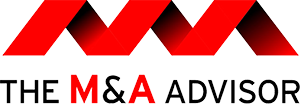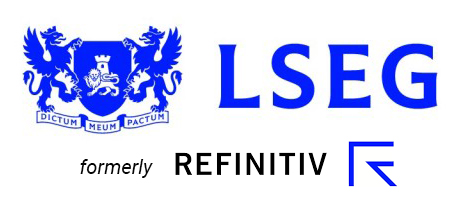What is the enterprise value of your business?
Many business owners do not know how prospective buyers will arrive at a valuation of their company. Without being educated on the business valuation process, business owners are at a deficit at the negotiating table.
Comprehensive Business Valuation
From financial analysis to highlighting intangible assets, our comprehensive Business Valuation service demonstrates how to value a business accurately, giving you a true reflection of your company’s worth.
Analyzing recent transactions of companies comparable to our client’s business helps to determine value and also provides us insight to the businesses buyers are prioritizing
Discounted cash flow analysis is one of the most important methods used to value our clients’ businesses. Using 5-year pro forma income statements and balance sheets, we take projected cash flows and discount them to a valuation that accounts for a number of factors. Any business valuation method used only provides us with a baseline number. the value of any company is ultimately what the buyer will pay.
Our process starts with conducting a thorough valuation of your business. We believe it is vital that clients understand the enterprise value of their business prior to going to market. While our business valuation process is thorough and well-vetted, it is vital to understand is that the true value of any business is what a buyer will ultimately pay. Our enterprise value is a benchmark that we use to compare offers.
One of the most important steps in any accurate business valuation is recasting the company’s historic financials to remove items that are not necessary to the ongoing operations of the company. Often these include adjustments to owner salaries, removal of one-time, non-recurring expenses, and adjusting for discretionary spending (owner’s perks) that would most likely not be included under new ownership.
Recasting is an extremely important first step in how to value a business because projected earnings of the company could be understated substantially if historical financials are not recast.
One of the most important steps in any accurate business valuation is recasting the company’s historic financials to remove items that are not necessary to the ongoing operations of the company. Often these include adjustments to owner salaries, removal of one-time, non-recurring expenses, and adjusting for discretionary spending (owner’s perks) that would most likely not be included under new ownership.
In order to create an accurate pro forma for our evaluations, it is important for us to understand the markets our clients serve and trends in the industries in which they operate. We use several tools to determine the future growth of key end markets & industries and use that data to aid us in determining their business valuation.
After recasting clients’ historic financials, the next step in our business valuation process is to create five-year pro forma. It is important to realize that buyers are acquiring your company’s future, not its past, so the projections are critical in order to obtain maximum value for your company. Our goal is to create a realistic pro forma that allows buyers to clearly see our clients’ opportunities for
value enhancement.
Understanding the ongoing capital needs of a business and ensuring that it has adequate funds to expand is a vital aspect of how to value a company. We need to make sure that our pro forma financials are not only accurate but can be adequately met by the ongoing capitulation of the business through its future earnings.
We are leaders in M&A over 50 awards, and counting

